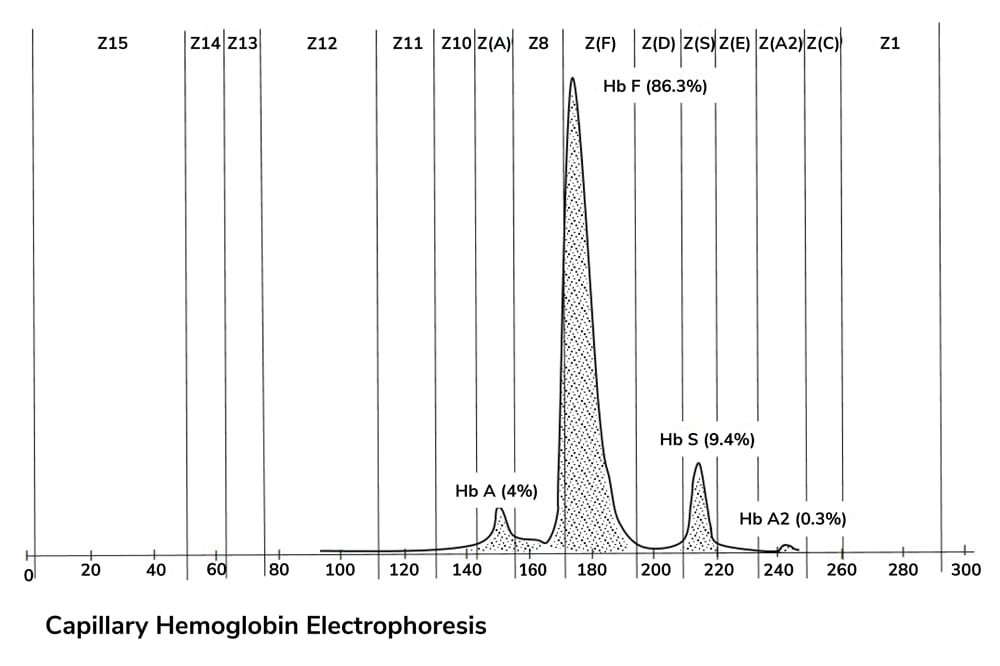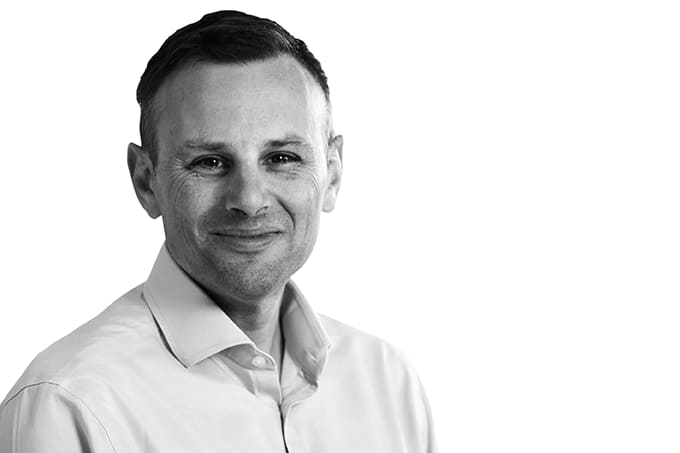A new blood test based on food science principles may hold the key to predicting breast cancer earlier than ever
Breast cancer awareness is everywhere. And rightly so – it’s the most common cancer in women around the world. Early detection is the key to successfully treating many cancers, and breast cancer is no exception to the rule; spotting a tumor before it has infiltrated or metastasized often results in less invasive treatment, fewer side effects, and better chances of eliminating the disease.

The current standard screen for breast cancer is the mammogram – but that method has its flaws. Many women are hesitant to book appointments because of time, trouble, cost, anxiety, or anticipation of a painful procedure. It’s not only people’s reluctance to be screened that reduces the effectiveness of mammography, though; scans can only show what is already present in the breast, and although factors like breast tissue density may suggest patients who require more careful follow-up, the predictive value of mammography is limited. That’s the impediment Rasmus Bro, professor of chemometrics in the Department of Food Science at University of Copenhagen, decided to tackle with a new screening method that consists of a simple blood test (1). The big question: exactly how did a food scientist develop a test for breast cancer? The answer lies in the way industrial food researchers handle biological data – in a holistic and explorative way. They applied the same approach to blood sample analysis, looking at all of the metabolites in a sample rather than focusing on any one biomarker. “We can measure a blood sample of a healthy woman and tell if she will be diagnosed with breast cancer within two to five years,” Bro says. “The accuracy is better than if you use mammography to test if the person has cancer.” Bro and his colleagues are unsurprisingly pleased with the results of their first experiments. “We need to validate this much, much further,” he acknowledges, “but it is a wonderful first result to have.” Bro’s motivation to study breast cancer testing stems from a long-standing desire to work toward clinical applications of his research. “Working in a food department and doing online measurements directly on white sugar, the back of a herring, or cheese, it was obvious to me how much information we usually find when we do chemical fingerprinting (measuring hundreds of chemicals without a strict predefined hypothesis). There is no difference between measuring a beef or a blood sample, so the temptation to try our methods in health-related issues was obvious.” The next step is to validate their initial findings – but to do that, the project needs funding. Meanwhile, Bro hopes to raise awareness of a different kind by showing others the power of combining multiple sets of information. “I hope that our results raise the awareness that it really pays to combine relevant information. We use 27 pieces of information including known risk factors such as hormone replacement treatment. None of them is able to reliably predict what will happen. It is only when we combine them that we can do that.”
References
- R Bro, et al., “Forecasting individual breast cancer risk using plasma metabolomics and biocontours”, Metabolomics (2015).




